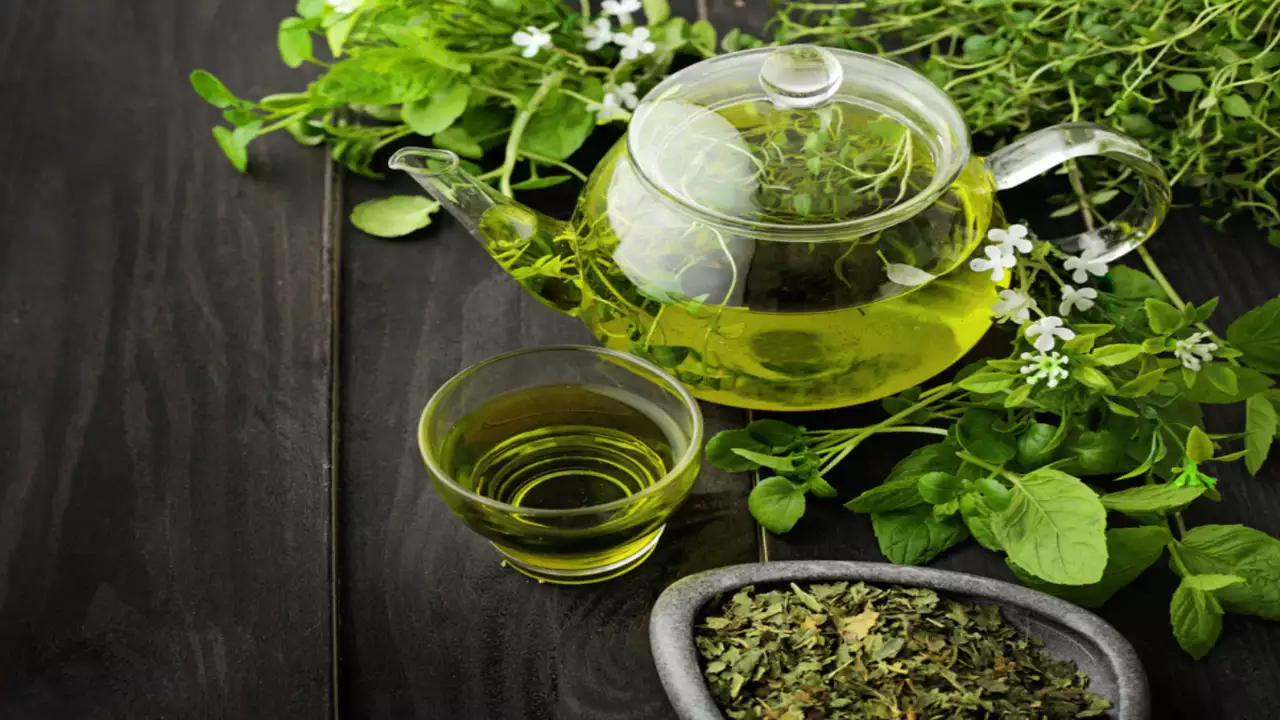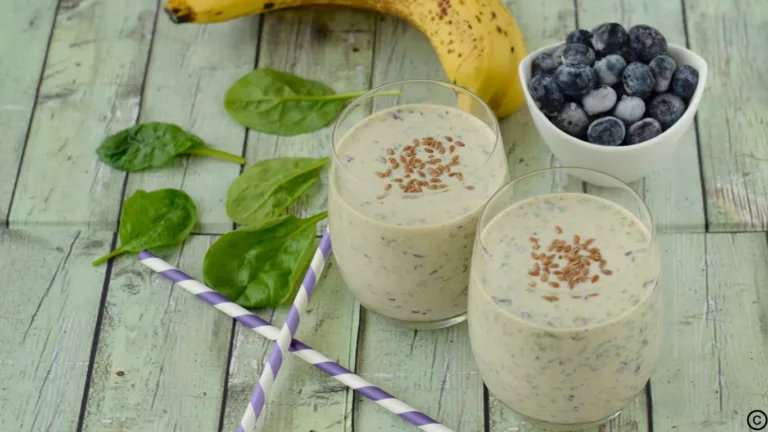Is Green Tea Good for Acid Reflux? What to Know Before You Sip
Green tea gets a lot of love in the health world—for its antioxidants, metabolism-boosting effects, and gentle caffeine content. But if you deal with acid reflux or chronic heartburn, that innocent green cup might not be as friendly as you think. I’ve been down that path—thinking I was making a healthier choice, only to end up with a burning chest and regret.
So, is green tea good or bad for acid reflux? The short answer: it depends on your body, how you prepare it, and when you drink it. Let’s break it down so you can make an informed, gut-friendly decision.
What Makes Green Tea Tricky for Acid Reflux?

At first glance, green tea seems harmless. It’s lower in caffeine than black tea or coffee, it’s packed with antioxidants like EGCG, and it’s often marketed as a “cleansing” drink. But for people with acid reflux or GERD, green tea’s strengths can also be its drawbacks.
- It contains caffeine: While milder than coffee, green tea still has enough caffeine to relax the lower esophageal sphincter (LES), allowing stomach acid to escape upward.
- It can be acidic: Depending on the brand and brewing process, green tea may irritate the stomach lining or esophagus.
- It’s often consumed hot: High-temperature beverages can trigger reflux by irritating already-sensitive tissue.
Personally, I noticed more reflux symptoms when I drank green tea on an empty stomach or right before lying down. That bitter edge in the back of my throat? Not worth it.
When Green Tea Might Be Safe (Or Even Helpful)

That said, not everyone has issues with green tea. In moderate amounts and with the right approach, some people find it doesn’t trigger their reflux—or even helps reduce inflammation over time. Here are a few ways it might work for you:
- Choose decaf green tea: The lower caffeine content reduces risk of LES relaxation.
- Let it cool before drinking: Avoid sipping green tea piping hot—lukewarm or cold versions are much gentler.
- Drink it with food: Green tea with meals (not on an empty stomach) may buffer acidity and reduce reflux chances.
- Stick to a single cup per day: More than that can tip the balance from helpful to harmful, especially if your reflux is active.
Keep in mind, though—if you notice even mild irritation after drinking green tea, it’s a sign your body may be better off with herbal alternatives.
Green Tea vs. Herbal Teas: Which Is Safer for Reflux?

Here’s where I had to face reality. As much as I love green tea’s taste and benefits, it doesn’t compare to the soothing, non-caffeinated power of herbal teas when it comes to reflux relief. Teas like chamomile, ginger, and slippery elm offer a more direct, inflammation-calming effect without irritating the stomach or loosening the LES.
Switching from green tea to herbal options was one of the best changes I made for my gut. And I didn’t even feel like I was missing out—herbal teas have flavors, blends, and health perks of their own.
Green Tea Alternatives for Sensitive Stomachs

If you’re a green tea lover but struggle with heartburn, here are a few gentler teas to try:
- Chamomile tea: Naturally anti-inflammatory, great for bedtime, and soothes both the gut and the nervous system.
- Fennel tea: Helps reduce bloating and digestive pressure that can trigger reflux.
- Slippery elm tea: Coats the throat and esophagus to reduce acid irritation.
- Licorice root (DGL) tea: Supports mucosal protection and esophageal healing—just be sure it’s deglycyrrhizinated to avoid side effects.
These teas are all covered in more detail in our breakdown of the best herbal teas for acid reflux relief, where you can see how they work individually and together.
Should You Ditch Green Tea Altogether?

Not necessarily. If green tea doesn’t trigger your symptoms, and you enjoy it as part of a balanced diet, there’s no urgent reason to cut it out. But if you’ve been struggling with reflux and haven’t considered your green tea habit as a possible contributor—it’s worth testing.
Try going without it for a week or two, replace it with a herbal option, and watch how your body responds. You might find that those little flare-ups you thought were random start to fade.
My Experience: Learning When to Say “Sip Later”

I still enjoy green tea occasionally—but now I treat it like red wine: something to enjoy with the right meal and mindset, not a daily go-to. Herbal teas are now my default, especially after meals or before bed when reflux risk is highest. And honestly, I feel a lot better for it.
If you’re searching for reliable, natural teas to soothe your stomach instead of stirring it up, this comprehensive guide on reflux-friendly teas can help you build a routine that truly works for your digestive health.

Camellia Wulansari is a dedicated Medical Assistant at a local clinic and a passionate health writer at Healthusias.com. With years of hands-on experience in patient care and a deep interest in preventive medicine, she bridges the gap between clinical knowledge and accessible health information. Camellia specializes in writing about digestive health, chronic conditions like GERD and hypertension, respiratory issues, and autoimmune diseases, aiming to empower readers with practical, easy-to-understand insights. When she’s not assisting patients or writing, you’ll find her enjoying quiet mornings with coffee and a medical journal in hand—or jamming to her favorite metal band, Lamb of God.







